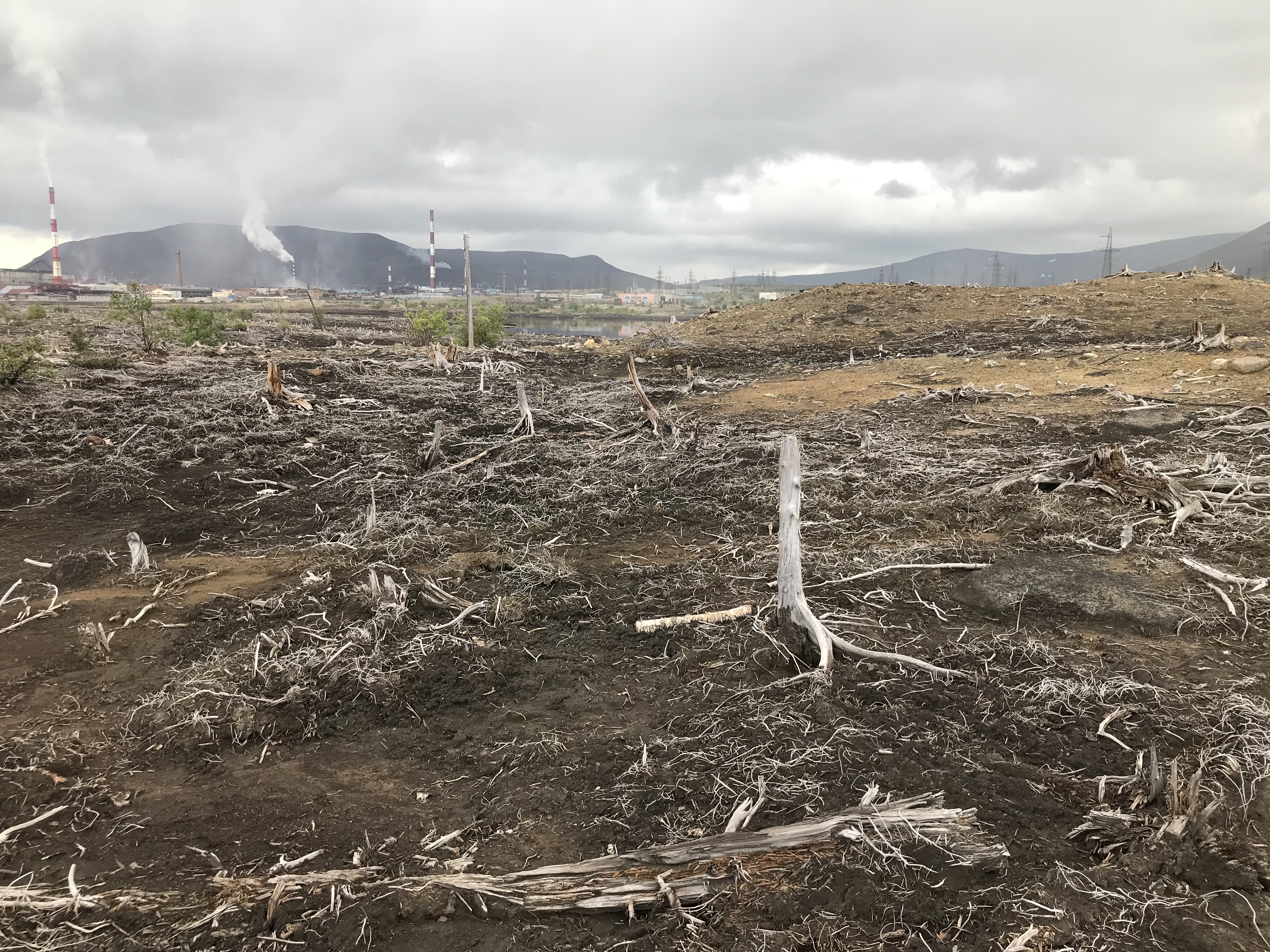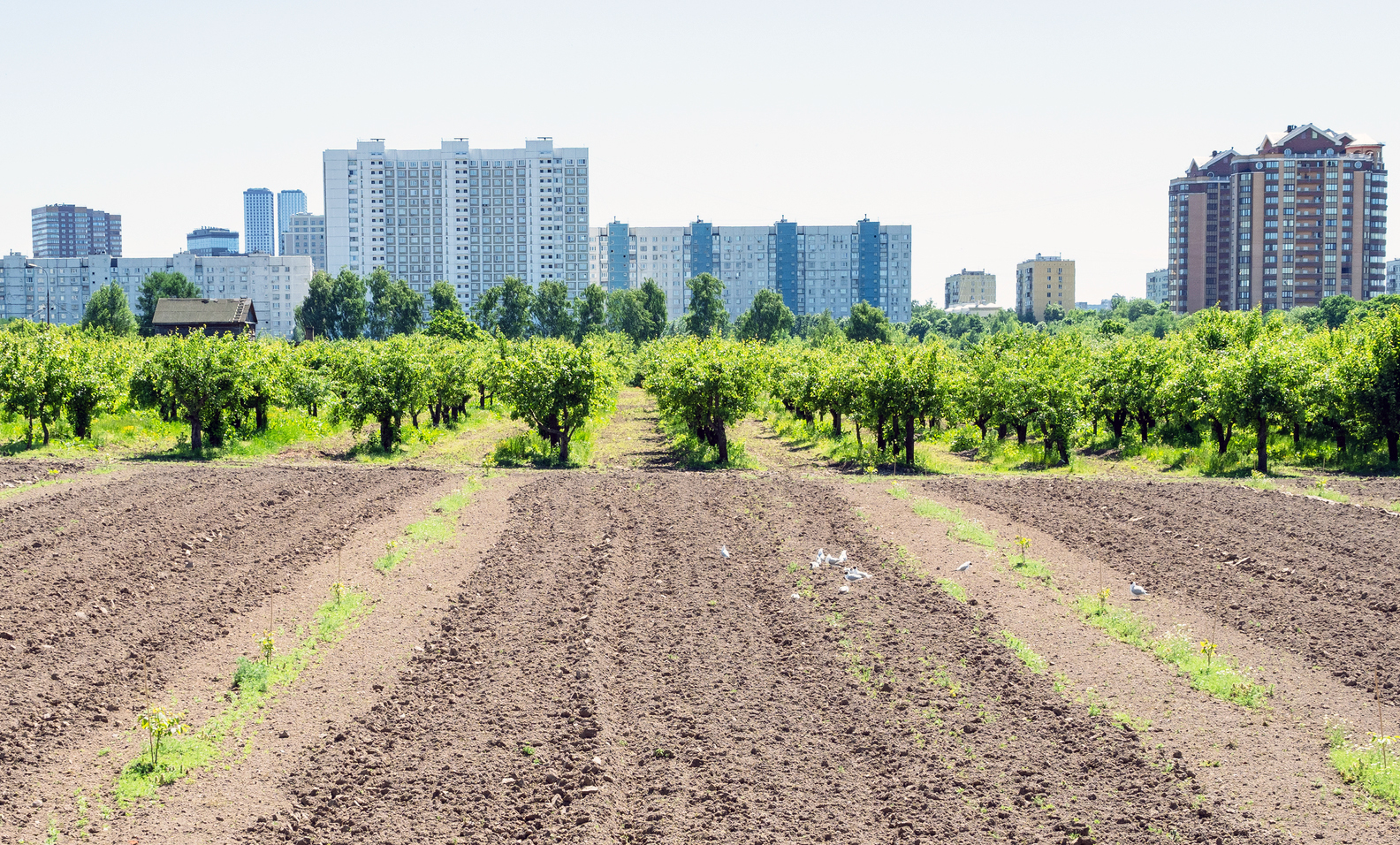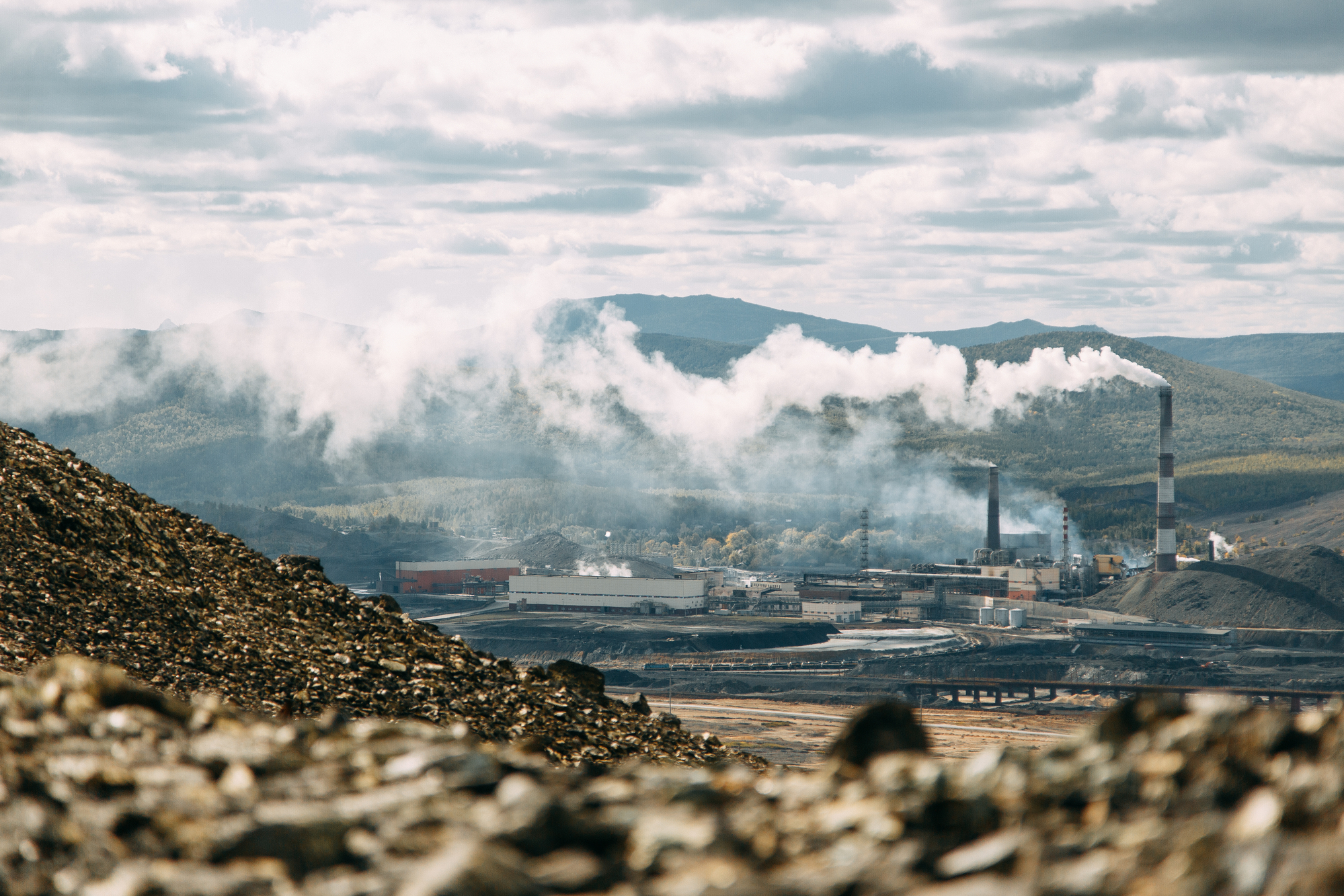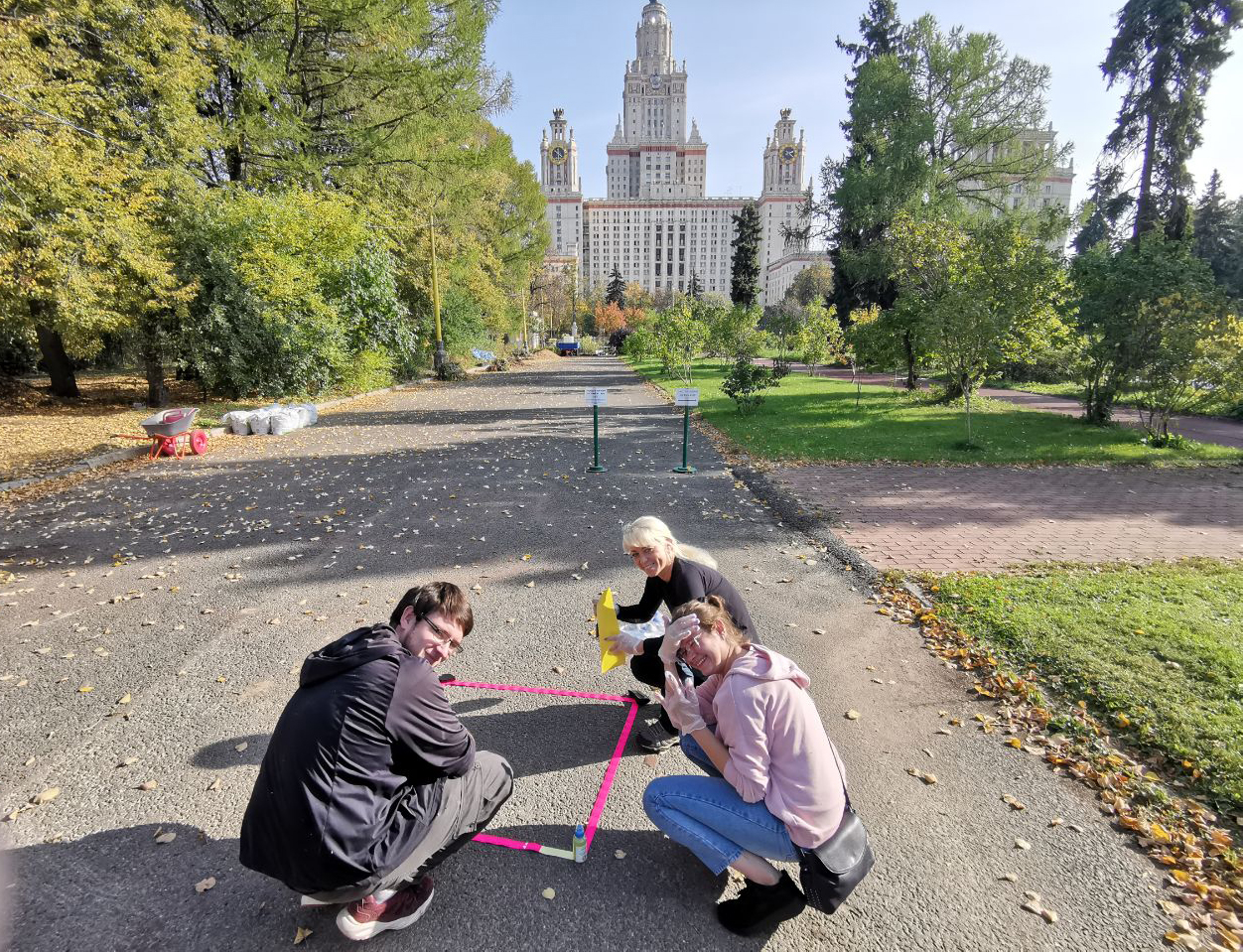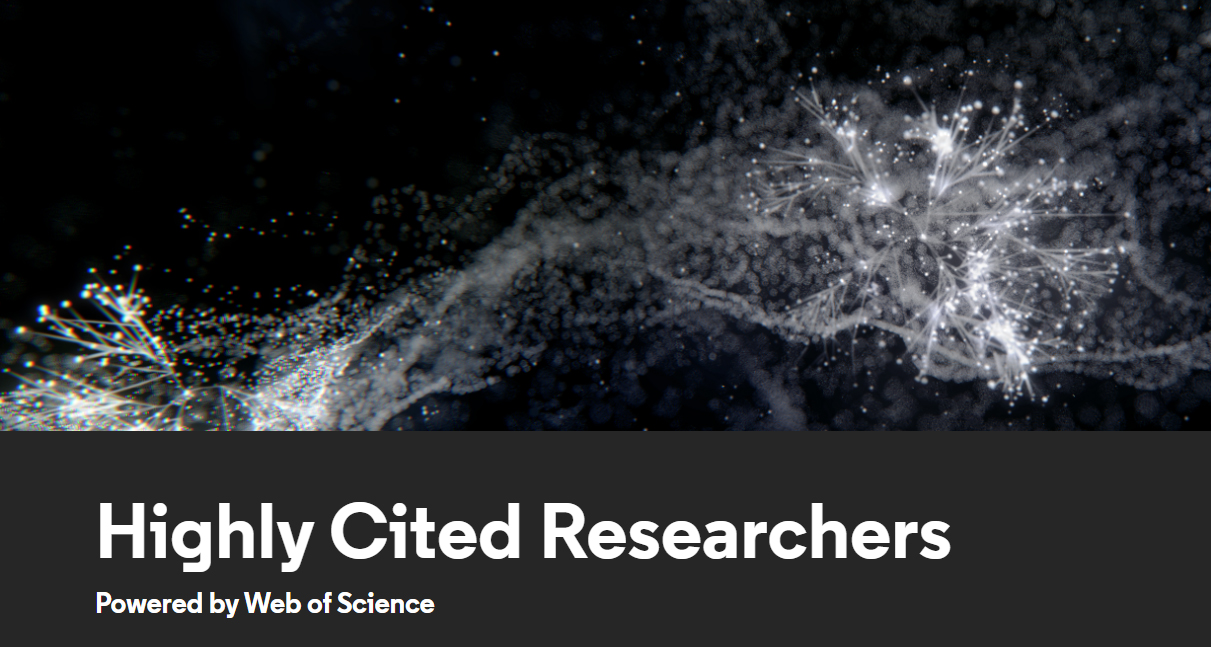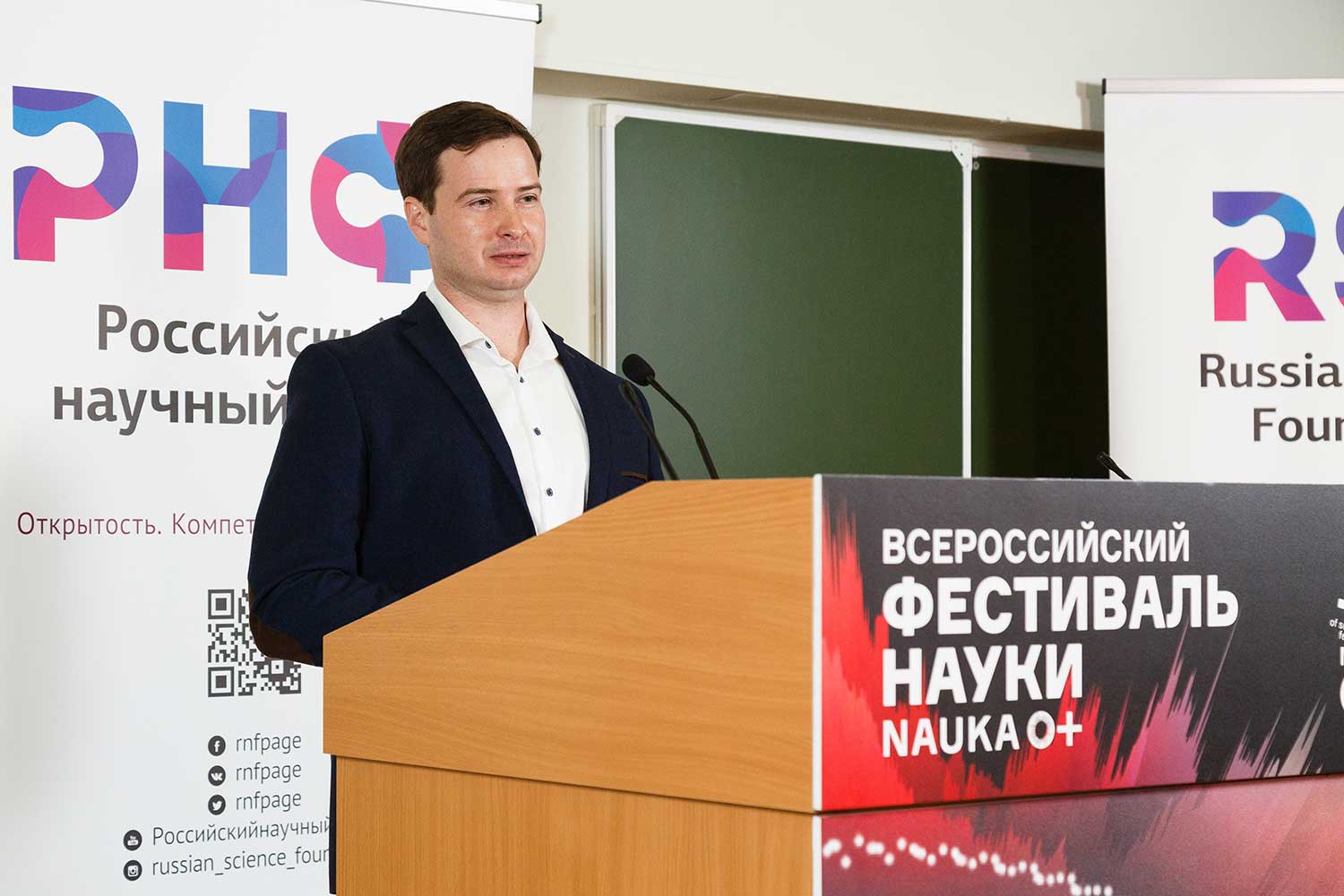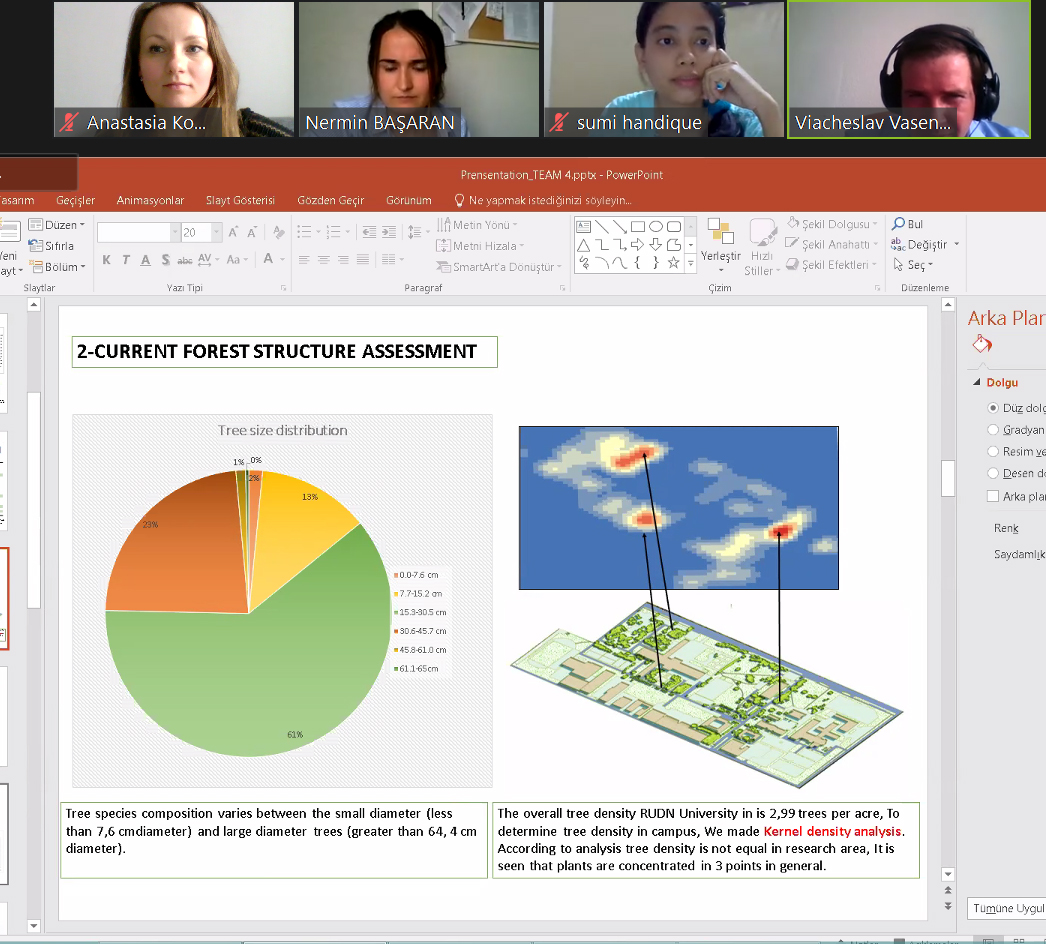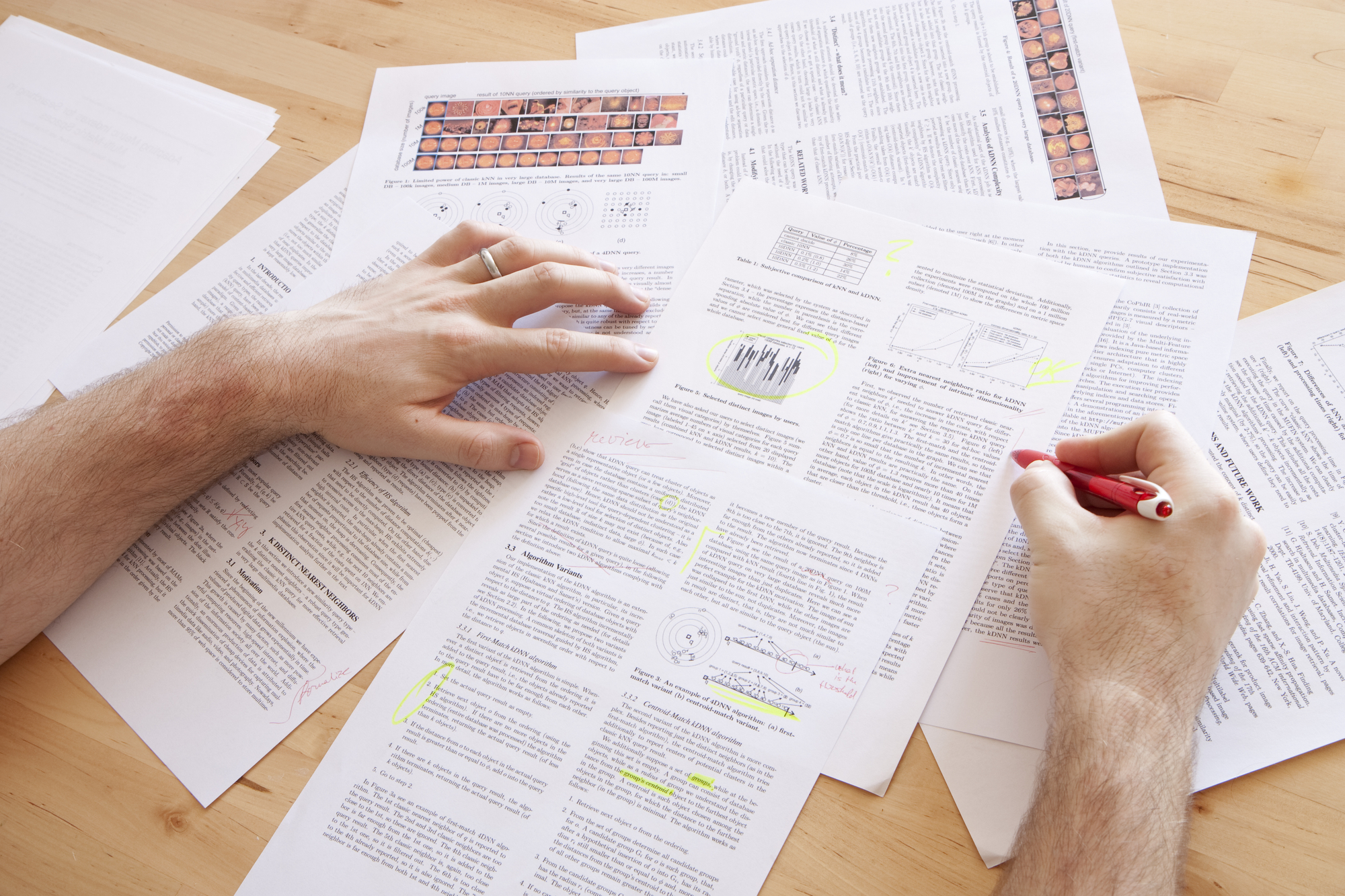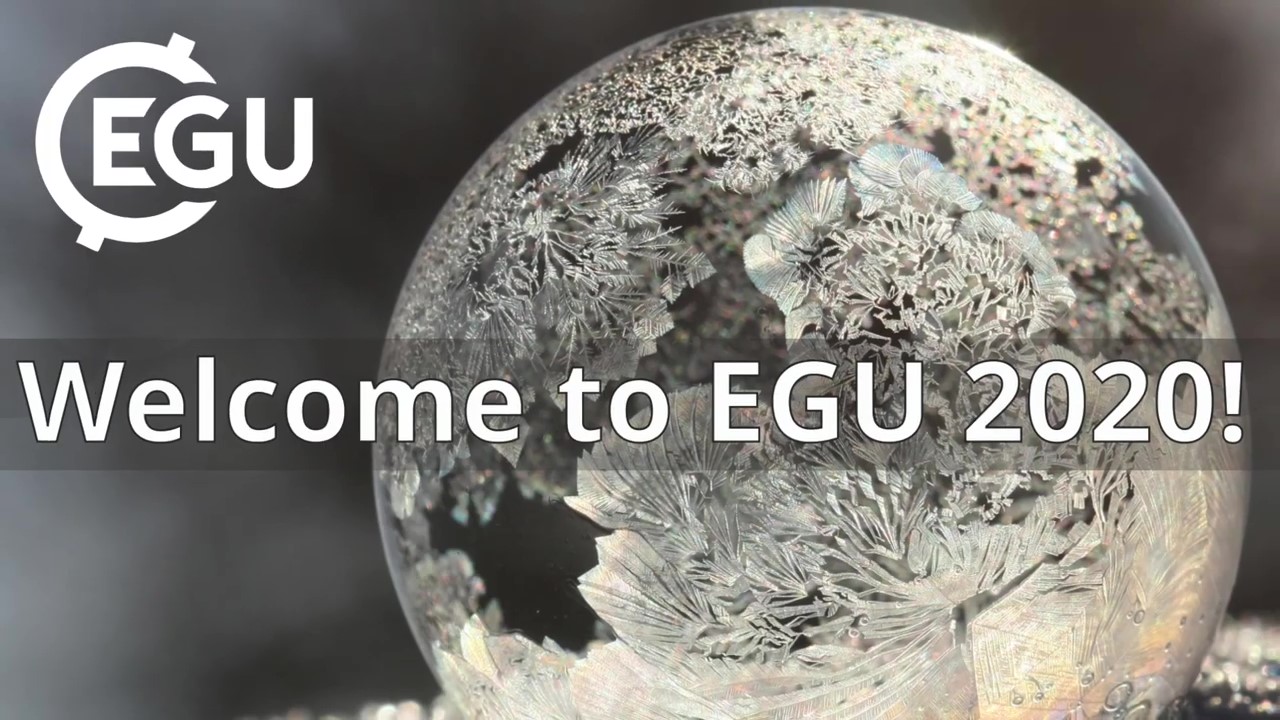SUN Lab scientists have created maps of distribution of concentrations of heavy metals nickel and copper in the upper soil horizon. This was made possible through data obtained by unmanned aerial vehicles. The essence of the method is to search for statistically significant relationships between point data on the concentrations of hazardous elements in the upper horizon and the parameters of the relief and soils. The approach has been successful in a technogenic wasteland area on the Kola Peninsula, and as expected, in the future, the technology will help scientists more quickly predict soil pollution in vast and remote areas. The results of the study, supported by a grant from the Russian Science Foundation, were published in the journal Land Degradation & Development.
The Soil Basis of Smart and Sustainable Cities: How Scientists from SUN Lab expand knowledge about the functions of urban soils
It is a well-known fact that soil is the main component of a terrestrial ecosystem, the balanced functioning of which largely depends on the soil microbiome. Today, in the urban environment, there is an unprecedented anthropogenic impact on the soil, its microbiome and the ecosystem as a whole, which can lead to disruption of their functioning. Researchers from all countries are trying to develop knowledge about the peculiarities of the functioning of the soil microbiome in urban conditions, in particular by studying its various microbial indicators. However, there is no answer to the question of which microbial indicators can most informatively reflect the functioning of urban soils and be useful in planning and improving urban areas.
SUN Lab research team got a new scientific article released
In May 2021, SUN lab team’s scientific merit fund was replenished with an article “Gypsum soil amendment in metal-polluted soils — an added environmental hazard” which was published in the Chemosphere journal (SJR Q1). The authors team was represented by the Head of Agrarian Technological Institute (RUDN University) E.A. Dovletyarova, associate researchers Brykova R.A. and Losev A.I., postgraduate student Dubrovina T.A. in collaboration with Neaman A.A., professor of Institute of Agrarian Engineering at Southern University of Chili.
The biological component of microparticles in big cities: SUN Lab is developing research on improving air quality in urban conditions
Airborne fine dust particles (FD) are recognized as one of the most harmful pollutants to human health. The size of fine dust determines their ability to penetrate the human body, and particles less than 10 microns in size are recognized as the most dangerous. At the same time, the causes of FD toxicity are still insufficiently studied. For example, the relationship between mortality from COVID-19 and the concentration of FD in the air was shown. However, it is still not clear whether fine dust is a direct vector carrier of the virus or only exacerbates the susceptibility of the human body to the virus.
Professor Yakov Kuzyakov was named Highly Cited Researcher
Yakov Kuzyakov, a well-known soil scientist, a leading scientist at the Agricultural and Technological Institute in RUDN University (Russia) and a professor at King Saud University (Saudi Arabia), was awarded the title of highly cited researcher in the field of agricultural sciences (by Clarivate™).
The Highly Cited Researchers list includes scientists with the highest number of articles in the top 1% cited Web of Science citation in a particular field in the past year. In the field of Agricultural Sciences, 111 researchers have been awarded this title. And Yakov Kuzyakov turned out to be the only one scientist from a Russian university.
Smart Urban Nature Lab took part in the NAUKA0+ Science Festival
XV Russian Science Festival NAUKA0+ took place from October, 9-21 in Moscow and many other regions of Russia. The largest Russian popular science project designed to establish a dialogue between science and society, educating schoolchildren, students and adults about the latest achievements of science in the field of physics, biology and medicine, ecology, humanities, etc. SUN Lab is an active participant in this event. Every year our scientists take part in lectures and workshops, both at the RUDN University and in the external events of the festival.
SUN Lab in cooperation with Landscape Engineering Guild assessed ecosystem services for a new residential complex in Moscow
Smart Urban Nature lab together with the Landscape Engineering Guild, has implemented a project to assess ecosystem services for one of Moscow’s residential complexes.
Moscow architectural bureau UTRO, whose specialists developed the concept of improvement for the residential complex “Metropolia”, strove for a reasonable balance between the purpose of the object, the needs of people and the environment. Thus, the main goal in developing the concept was to bring nature to the city center to create a comfortable living environment. With the proximity of major roads, the impact of the urban heat island, and the increasing number of extreme weather events associated with climate change, the regulatory functions of green infrastructure seem to be the most significant.
Studying urban soils and green infrastructure: the fourth 3MUGIS-2020 summer school took place online
From July 3-13, 2020, the IV International Summer School 3MUGIS (Monitoring, Modeling and Managing Urban Soils and Green Infrastructure) was held on the basis of the Department of Landscape Design and Sustainable Ecosystems at RUDN University. The school is organized with the support of the Russian Science Foundation (RSF) and under the umbrella of the International Union of Soil Scientists (IUSS) and the New York City Soil Institute in collaboration with universities, research institutions and research groups from around the world.
Review of the impact of Global Climate Change on Metal(loid) Soil Pollution
Anna Paltseva, a researcher at the SUN Lab, and Professor Alexander Neaman made an overview of research works in the field of the impact of global climate change on metal mobility in soils.
Science non-stop: researchers of SUN Lab took part in a prestigious european geoscience conference
From 4-8 May 2020 scientists of the Smart Urban Nature Laboratory (RUDN University) took part in the respected EGU General Assembly 2020 in the online format. Instead of the annual life General Assembly in Vienna, the European Geosciences Union (EGU) hosted EGU2020: Sharing Geoscience Online. The largest virtual geoscience meeting is a pilot project that brought together thousands of scientists from around the world onto one platform to discuss their latest findings. The event provides a unique opportunity for researchers, experts and journalists to interact to each other, exchange with new developments and find out about the latest discoveries in a wide variety of topic areas ranging from water resources, natural hazards and climate to space and planetary science missions. Moreover, some of the participants were also selected to rule the specific sections and to convene other researchers.

